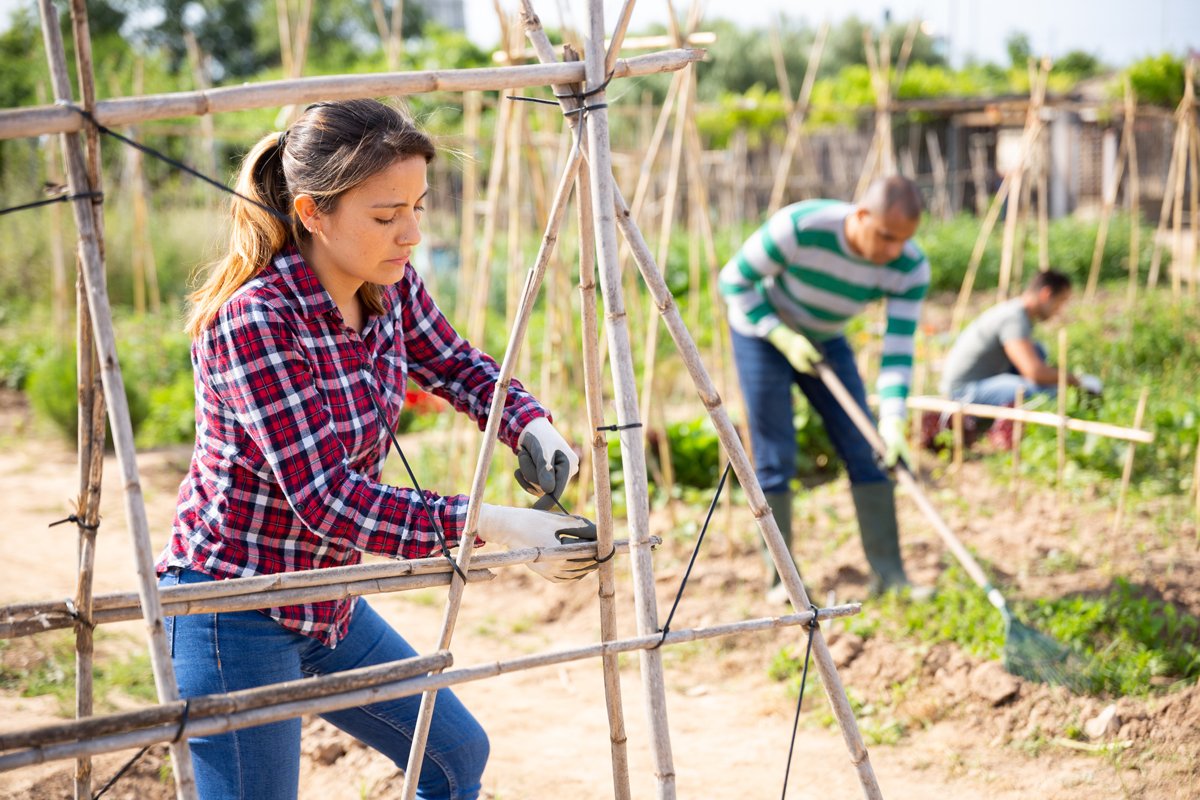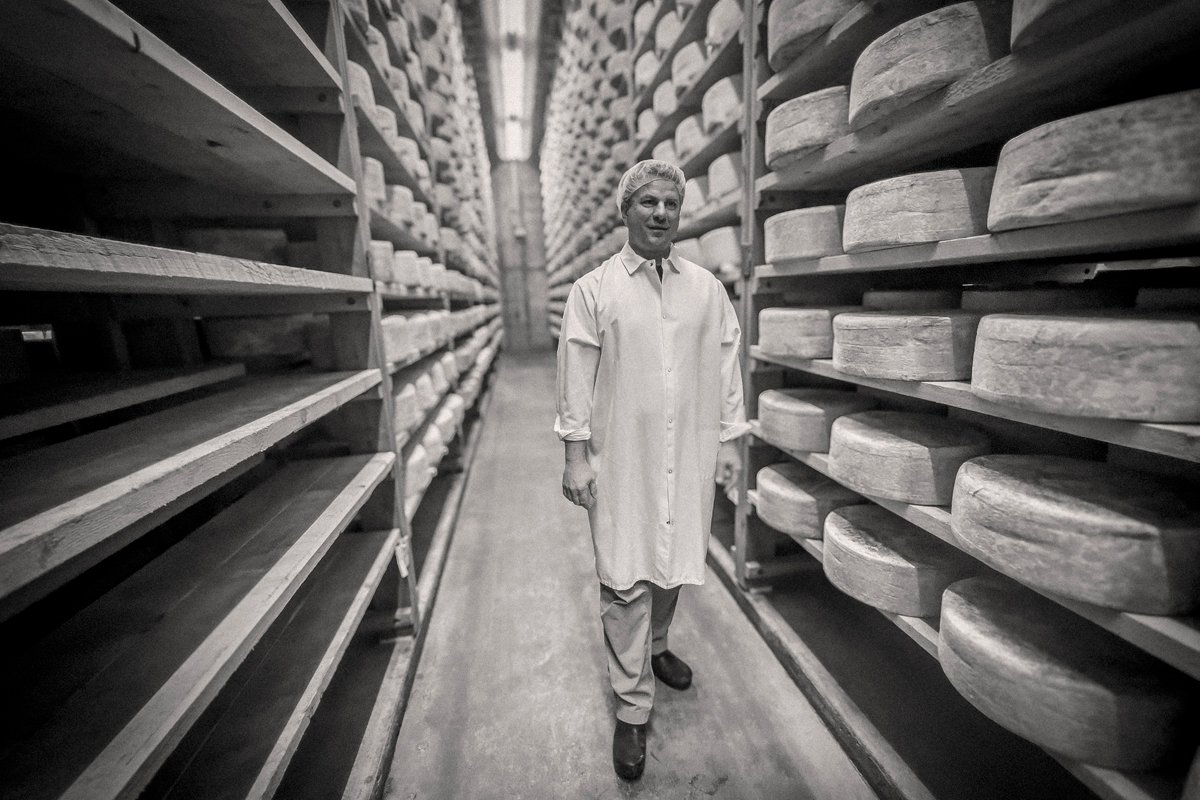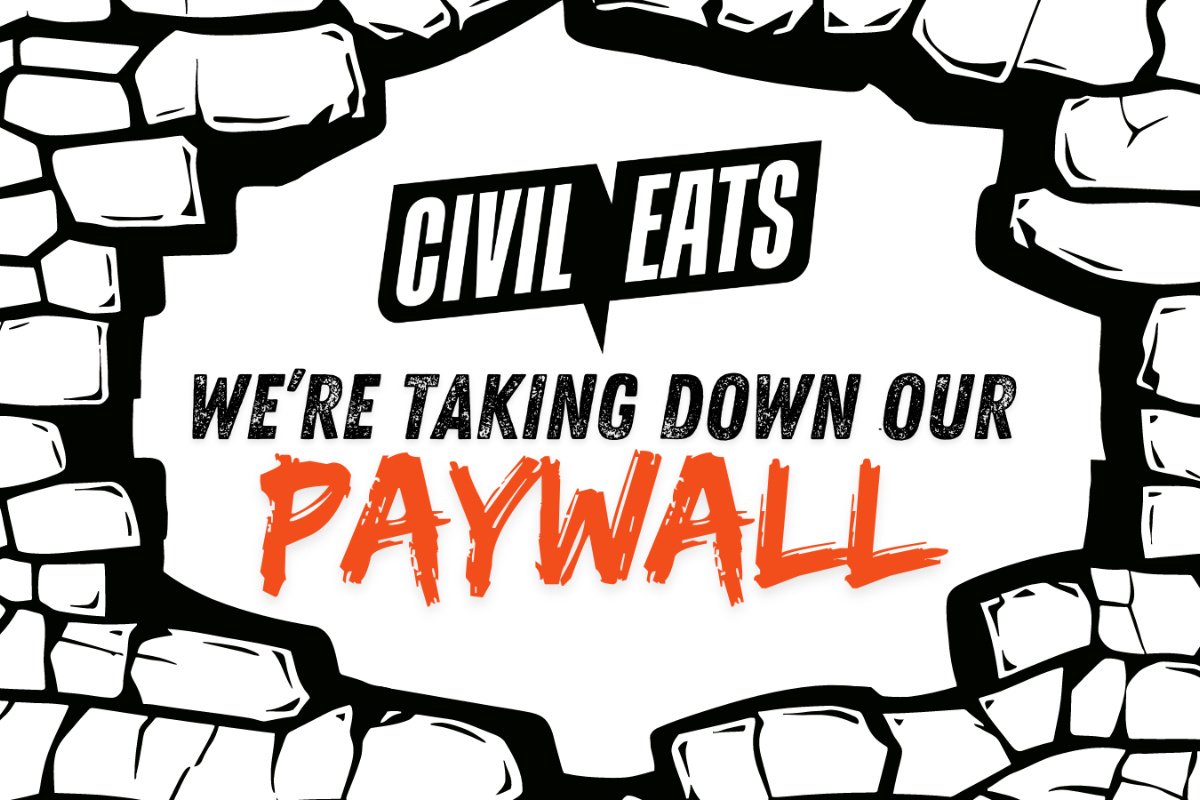By paying top dollar for milk and sourcing within 15 miles of its creamery, Jasper Hill supports an entire community.

April 23, 2021

August 25, 2022 update: President Biden yesterday announced a plan to forgive $20,000 in student loan debt for recipients of Pell Grants, and $10,000 in debt for lower-income borrowers, a move that is expected to benefit tens of millions of Americans.
Yvonne Sandoval launched Bueno Para Todos Farming Cooperative in 2014 with a single hoop house. Now, a year later, the 45-year-old farmer works with two farmers in their 20s and two neighbors to teach Indigenous farming practices, run youth programs, and build food security in Villanueva, New Mexico, a tiny town of 300 people. The farm is also a safe space for BIPOC and queer farmers who may not have other access to land and other farming resources.
Sandoval, who also works full time as a social worker, says she has been denied loans from the U.S. Department of Agriculture (USDA) in the past, and she encountered a loan officer who she says was eventually put on early retirement for denying loans to farmers of color.
Now, she is hoping to get approved for a bank loan to buy the 10-acre farmland she has been working for the past seven years. She currently holds more than $50,000 in student loan debt and feels that federal forgiveness of these loans would make the debt she will have to take on to finally buy her own land more manageable. “It’s hard enough to get a loan as a self-employed person, in my case a licensed clinical social worker,” Sandoval says. “The student debt becomes an even bigger barrier; banks just won’t loan to you with a debt-to-income ratio like mine.”
Sandoval is just one of the many Black, Indigenous, and people of color (BIPOC) standing at the ready to invest in the farms of their dreams. But in order to move forward with those dreams, they need student loan debt relief.
Last month, the American Rescue Plan (ARP), the latest coronavirus relief and economic stimulus package, included an unprecedented $5 billion in debt relief for Black farmers. And while it’s a necessary first step in a long journey to improving federal support for BIPOC farmers, it doesn’t make up for all the damage that has been inflicted on those farmers over the last century.
As it has been widely reported, BIPOC farmers, and especially Black farmers, are less likely to seek federal funding and credit opportunities because of well-documented, historic discrimination perpetuated by the USDA and other banking institutions.
Trust will not be rebuilt overnight, but there are, however, many more steps that should be taken to acknowledge and amend past harms and prevent future disenfranchisement of farmers of color from federal farm programs. If passed, Senator Cory Booker’s Justice for Black Farmers Act, would provide new access to land and credit, new oversight and accountability within the USDA, and unprecedented investment in training through historically Black colleges and universities and groups such as the National Black Farmers Association. But that’s not where it should end.
The federal government also needs to cancel student loan debt for young BIPOC farmers. Farming is a capital-intensive and risky undertaking, and accessing credit for farming is already difficult for all young and beginning farmers. Young BIPOC farmers are less likely than older, White farmers to have the kinds of loans that will be forgiven under the ARP, both because of distrust of the USDA due to historic racial discrimination, and because student loan debt often prevents them from taking on additional loans. They are also more likely to have an average student loan debt of $35,000. Given these conditions, young BIPOC farmers are also less likely to benefit from the debt provisions in the ARP because they do not trust USDA.
In a recent survey, 29 percent of young farmer respondents reported that student loan debt was a significant challenge, often preventing them from taking on loans to launch or grow their businesses, and this debt creates an even greater burden for farmers of color, especially Black women.
If we want to test the transformative power that student debt cancellation or any kind of debt relief would have on BIPOC borrowers generally, we should start with young farmers.
There are currently fewer than 50,000 Black farmers in the U.S., and their average age is 57 years old. We know that young Black farmers and other farmers of color are on the rise, but as the current generation begins to retire, the best way to ensure that new farmers take their place—or, better yet, expand in numbers—is through student loan cancellation.
At the National Young Farmers Coalition, we support student loan cancellation, not just for young farmers, but for every student borrower—approximately 45 million people in the United States. And yet, we also understand that BIPOC borrowers are bearing the brunt of the student debt crisis. Student debt is a racial equity issue inhibiting BIPOC borrowers from achieving self-determination and stability, in farming or otherwise.
As the Biden-Harris administration has decided to center racial equity as a top priority, we’re seeing important changes being implemented in agencies such as the USDA and Food and Drug Administration (FDA). We also need to remember that the best solutions to advance racial equity in agriculture are intersectional. For example, young farmers have identified healthcare access, labor and immigrant rights, and student debt relief as areas where they need support if they are going to succeed in agriculture.
Recently, advocates have argued that the Department of Education and president already have the authority to cancel student loan debt through executive action and have highlighted the impact that such would have on rural and agrarian communities.
More than 550 food and farm organizations came together to support the farm debt relief provisions in the American Rescue Plan. Now, it’s time for those same groups to join in the call for student debt cancellation.
Young BIPOC farmers are key to transforming our food system for the better. Let’s give them the support they need.

September 4, 2024
By paying top dollar for milk and sourcing within 15 miles of its creamery, Jasper Hill supports an entire community.
September 3, 2024

August 27, 2024

August 26, 2024

Like the story?
Join the conversation.